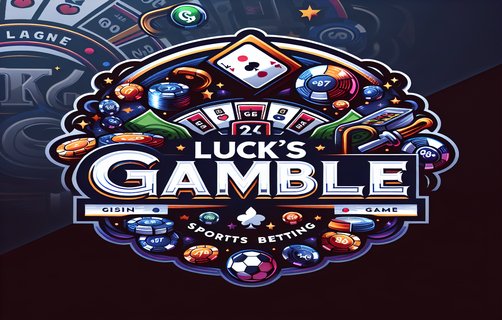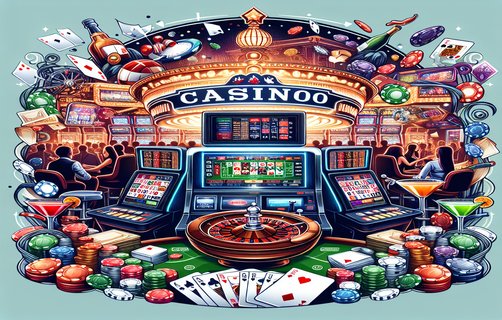The Future of Gambling: An Economic Analysis of New Casino Experiences
The gambling industry is undergoing a transformation with the rise of new casinos that cater to modern players' preferences. As we delve into this new landscape, we will explore exciting developments such as mobile slots, blockchain casinos, and strategic casino acquisitions, alongside special events and innovative features like leaderboards. Moreover, we will set our sights on market forecasts in gambling and the implications of the Martingale system from various economic perspectives.
Mobile slots have become a cornerstone of player engagement in the burgeoning online gaming market. With more players accessing casino games on their mobile devices, the demand for optimized slot games has surged. The convenience of playing on-the-go not only increases player retention but also encourages new audience segments who might prefer casual gaming over traditional casino visits. Economists argue that this shift towards mobile accessibility reflects changing consumer behaviors, indicating a broader trend towards convenience and personal gratification in modern economics.

Another innovative development is the advent of blockchain casinos. These platforms harness cryptocurrency technologies to provide unprecedented transparency and security in gaming. The use of a decentralized ledger fosters trust amongst players as transactions become public, immutable, and auditable. This kind of innovation is theorized to mitigate the fears of gambling fraud, thus attracting more players to the platform. Furthermore, blockchain's smart contract capabilities streamline operations and minimize the need for intermediaries, reducing costs and ultimately maximizing profits—a concept central to economic efficiency theories.

Furthermore, the competitive landscape of the gambling industry is seeing casino acquisitions that reshape market dynamics. Larger companies aim to consolidate resources, expand player bases, and enhance their product offerings through strategic mergers. From an economic theory standpoint, these acquisitions lead to increased market power and can optimize resource allocation—creating a scenario where consumers benefit through promotions, diversified game selections, and improved customer service. However, monopolistic tendencies arising from excessive consolidation warrant scrutiny under antitrust laws, which ensure a level playing field for all market participants.
New casinos are not just about standard gaming but also about hosting special events that promise unique experiences. Often tied to seasonal themes or notable days, these events create a sense of urgency and exclusivity. They encourage player engagement and investment, tapping into behavioral economics. The fear of missing out (FOMO) can significantly influence player decisions, compelling them to participate and wager more substantially during these times.
To enhance engagement, many new casinos incorporate leaderboard features that introduce competitive elements into gaming. Players can track their standings in real-time, fostering a community spirit and driving engagement through healthy competition. From an economic perspective, this taps into the notion of social proof and peer validity, where players are motivated by others’ performances. As a result, increased betting activity correlates with heightened excitement and leads to greater revenue for the casinos.
Looking forward, the market forecasts in gambling indicate robust growth driven by technological advancements, changing demographics, and an increasing acceptance of online gambling. Economists forecast a major upswing in revenue generation as generations with disposable income continue to seek entertainment opportunities that align with their digital lifestyles. The newfound accessibility of gambling aligns with economic principles of supply and demand, as providers adapt to market trends to meet consumer desires.
Lastly, the notorious Martingale system remains a topic of interest for both players and economists. This betting strategy suggests that doubling your bet after each loss will eventually yield a profit. However, the economic implications of the Martingale system raise questions about risk management, long-term strategy, and the gambler's fallacy. While the theoretical base seems appealing, the real-world application of high-stakes betting often leads to substantial losses—reinforcing the notion that while markets may anecdotally function on a rational basis, human behavior remains irregular and unpredictable.
In conclusion, the introduction of new casinos marks a noteworthy shift in the gambling industry. By examining these innovations through economic theory, we gain a deeper understanding of player motivations and market dynamics. As mobile slots, blockchain technologies, strategic acquisitions, special events, and competitive features reshape player experiences, the gambling landscape continues to evolve, demonstrating the interplay of technology, economics, and human desire for entertainment.
